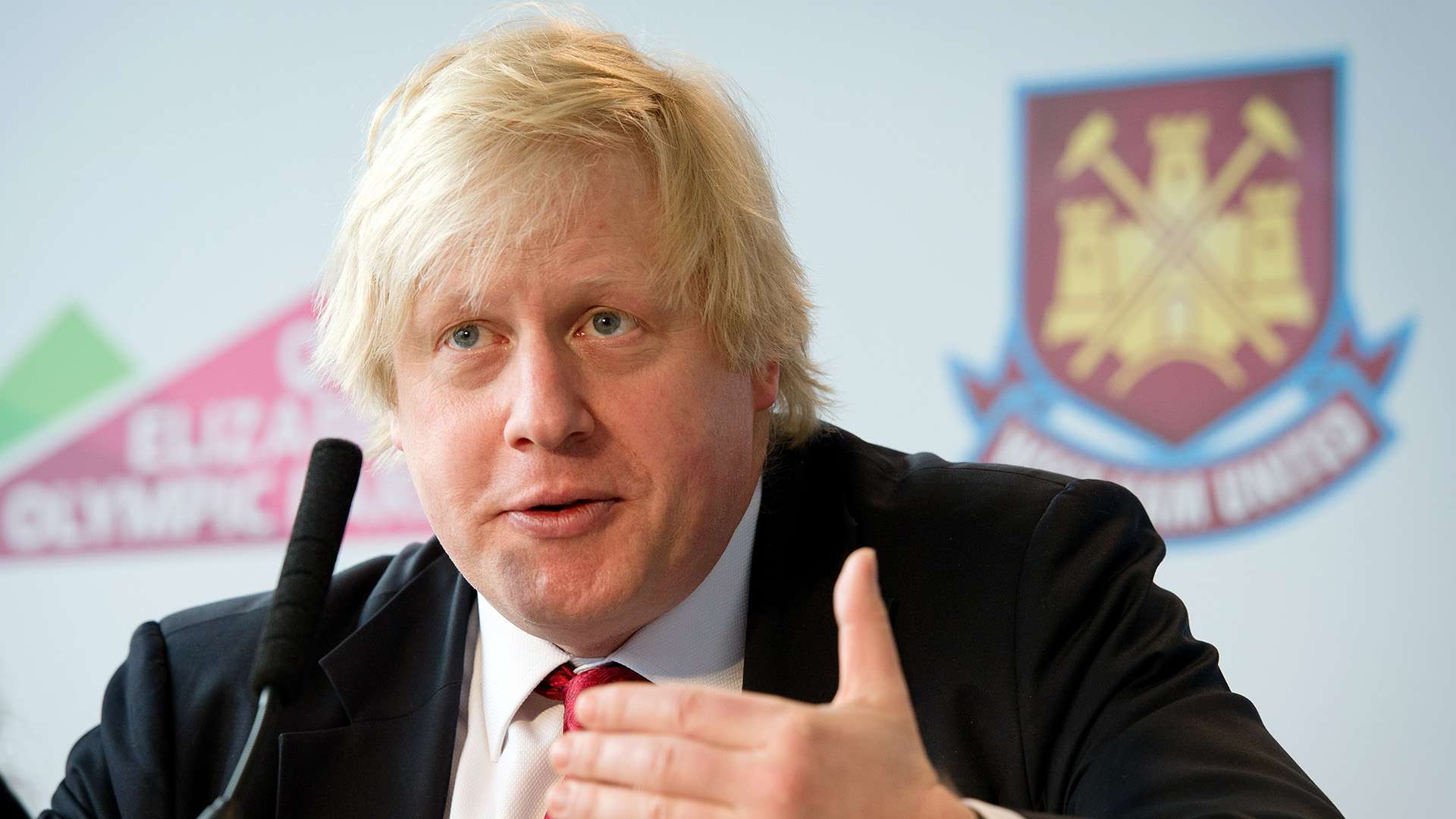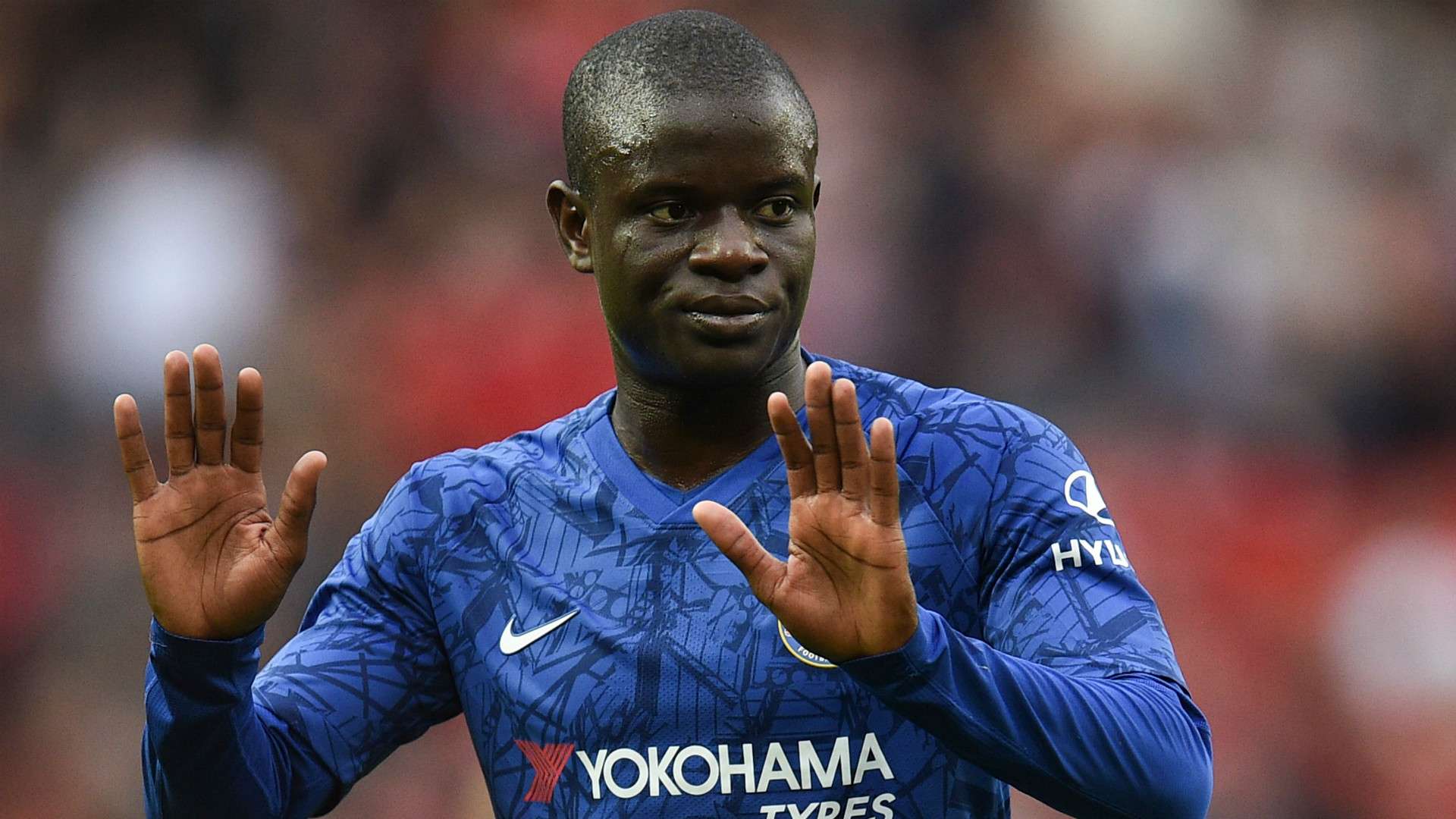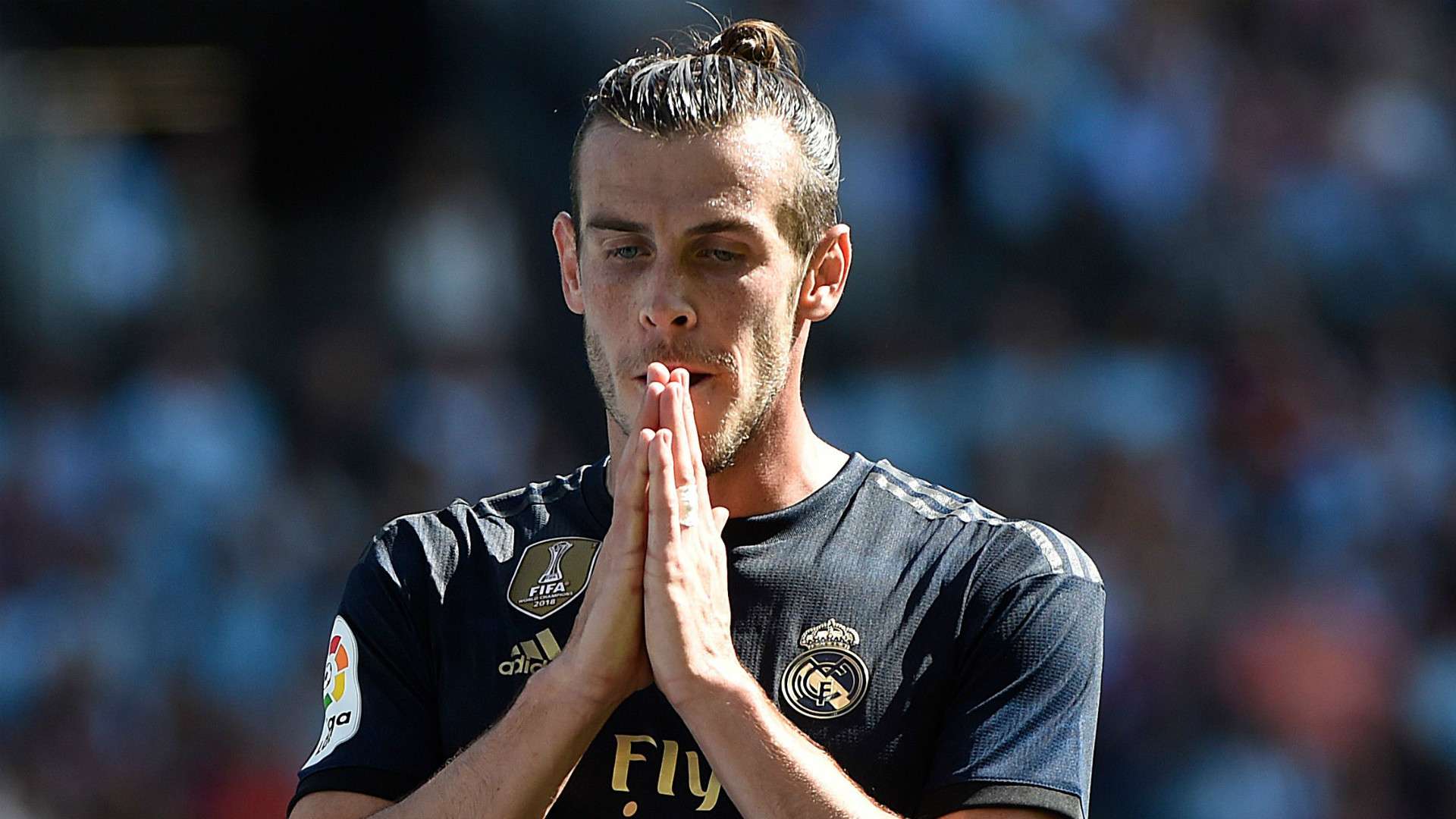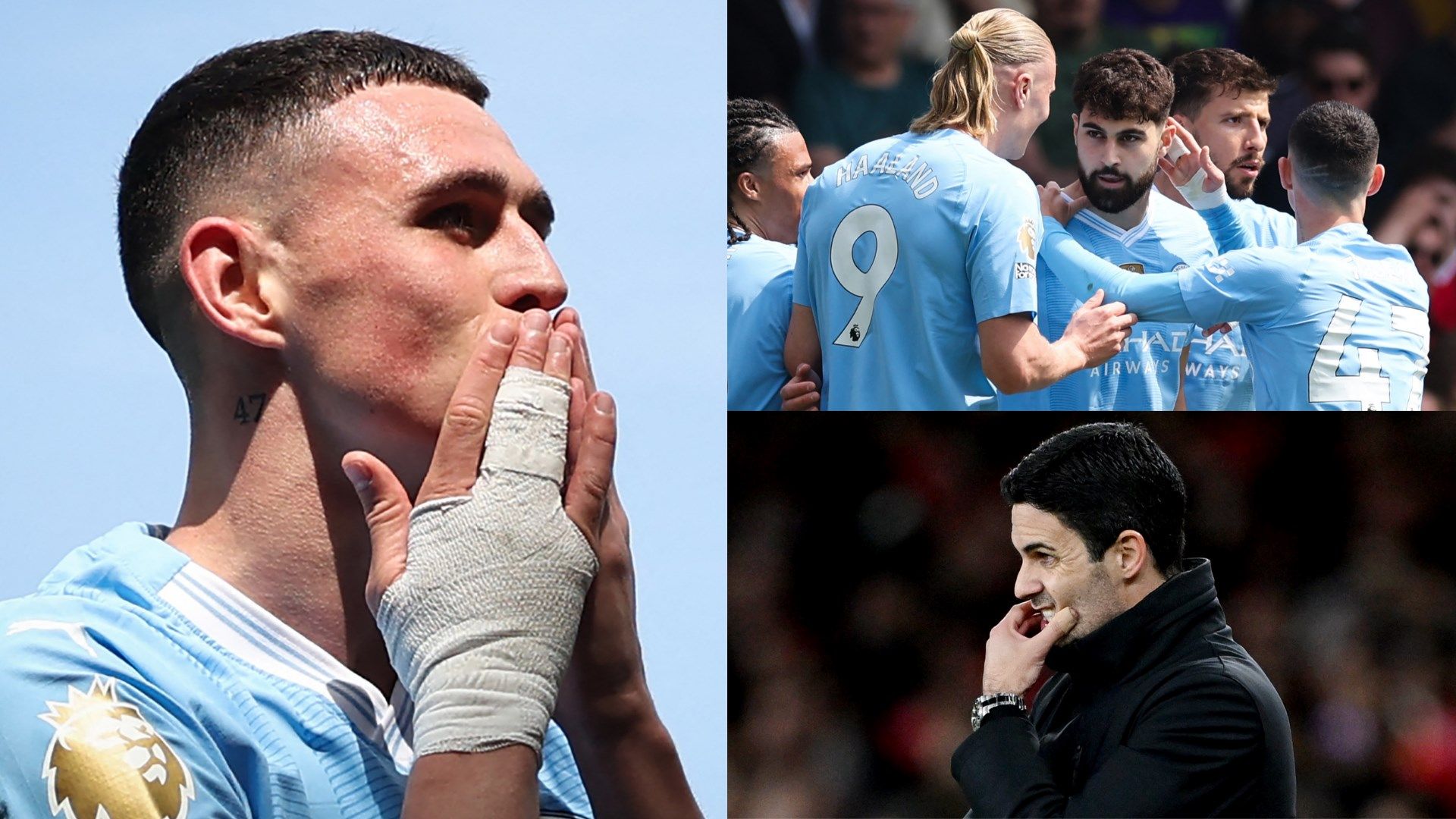There is a great cosmic irony to the fact that, in the year of Brexit, two British football clubs enter into the new season as reigning European champions.
Four Premier League clubs contested the finals of UEFA's Champions League and Europa League in 2018-19, which was the first time in history that all four finalists came from the same country. If football has any celestial guardians, they knew what they were up to.
However, what makes it all the more noteworthy is that England's ambassadors in those finals - Liverpool, Chelsea, Tottenham and Arsenal - were (and continue to be) unmistakably cosmopolitan teams, featuring players from across the world and they were each led by coaches from outside of the country.
In a sense, the anomalous all-British European finals last season perfectly distilled the basic incongruity of Brexit and football in the United Kingdom.
Ever since the idea of Brexit was first raised, Premier League clubs have consistently voiced their opposition and concerns have repeatedly been raised in the period following the seismic vote.
Like their counterparts in other realms of business and, indeed, wider society, the biggest fear for clubs in the UK has been the thought of a no-deal Brexit, which would see the country 'crash out' of the European Union.
What is a no-deal Brexit?
No-deal Brexit is the term used to describe a British withdrawal from the EU without a formal agreement on issues such as trade and previously adhered-to commonalities in law.
Prior to her resignation, former Prime Minister Theresa May and her cabinet negotiated a deal with the EU, but it was subsequently rejected by the British parliament.
The main sticking point according to many Conservative Party MPs and other pro-Brexit groups is the 'Northern Ireland Protocol' - otherwise known as the 'Irish backstop'.
May's replacement, Boris Johnson, has stated that he and his cabinet will seek to negotiate a new deal without the backstop. However, if no deal is agreed to, then the UK will effectively 'crash out' of the EU.
No deal will have a heavy impact on trade and it will result in widespread uncertainty.
 Getty Images
Getty Images
How will a no-deal Brexit affect Premier League & UK football?
Only time will tell exactly how a no-deal Brexit will affect the Premier League and football in the UK, but there are a number of scenarios that could potentially arise which would be detrimental.
The so-called 'Operation Yellowhammer' - a leaked government plan outlining the forecast for the UK post no-deal Brexit - paints a rather dire picture of what awaits the country in the event of no deal.
This includes increased immigration checks, disruption at ports and, remarkably, fears over shortages in food, medicine and fuel.
While the Premier League exists in this context, direct effects will not be as severe, but they will be very real nonetheless.
Transfers & player recruitment
One of the main areas of UK football that will be adversely affected in the event of no deal is the recruitment of players and staff.
The anticipated end of freedom of movement for workers is expected to cause issues for footballers from EU countries wishing to play for a club in the UK, with stricter immigration measures applying to them.
It will still be possible for the likes of Virgil van Dijk and Anthony Martial to play for Premier League clubs, of course, but they will probably have to get a work permit, which could be a barrier for many individuals.
High-profile examples of current stars who would not have satisfied the regulations for a work permit had such rules been in place before are Chelsea midfielder N'Golo Kante and Manchester City's Riyad Mahrez.
 Getty Images
Getty Images
Despite the fears, ahead of the 2019-20 season, Premier League chief Richard Masters expressed hope that the UK Home Office and the Football Association could come to an agreement that would limit any issues.
“The Premier League is an important part of 'Brand Britain' around the world and I don't think the government would want to do anything that has a negative impact on the Premier League or the English national team," Masters said, per the Telegraph.
"We're in constant dialogue with the Home Office and the FA and making sure that our clubs can continue to get access to talent from Europe and beyond.
“I don't think there is a scenario where the Premier League will be badly affected by Brexit. I think we will find appropriate accommodation and our clubs will be able to recruit the players they want from abroad.”
Indeed, according to the Times, the FA had received assurances from Theresa May's government that they would do their best to facilitate 'high value' players. It remains to be seen if Johnson's premiership will do the same.
Of course, players are not the only workers who will be affected; managers, coaches, physios, chefs and any EU worker will also feel the effects.
Interestingly, some of those who are in favour of Brexit have attempted to spin these incoming restrictions as a positive by suggesting that it will create more opportunities for 'homegrown' players.
Brexit Party MEP Rupert Lowe, who served as chairman of Southampton for separate periods in the 1990s and 2000s, says it will be "fantastic" for the domestic game.
“English football is doing fantastically. Semi-finals of the World Cup, both finalists in the Champions League final and the best league in the world," Lowe told the Daily Express.
“The Remainers couldn’t drag the beautiful game into Project Fear, could they? Any aspect of life you enjoy will be destroyed by Brexit, why would football be any different?
"Wrong. Our membership of the EU has affected the game in many ways, some good and some bad. However, by embracing Brexit we can reinvigorate both our national team and the Premier League."
British players playing in other EU countries
Just as EU workers will be affected in the UK, British nationals working in the EU will also be affected by a no-deal Brexit.
The status of stars such as Real Madrid's Gareth Bale and Borussia Dortmund forward Jadon Sancho will change to non-EU, which will mean they will be treated differently by governments in Germany and Spain.
In a time when more young British players are trying their luck on the continent, they could suddenly find themselves faced with more hurdles in order to do so.
As well as that, the likes of La Liga and Serie A have limits on the number of non-EU players their clubs are allowed to sign, which means that British players will automatically become less attractive targets.
 Getty Images
Getty Images
Value of the pound in the transfer market
In July, The Economist carried a piece which opened with the line: "Every time it seems more likely that Britain will leave the EU without a deal, sterling falls against the dollar."
The value of the UK's currency has plummeted since Brexit and the prolonged uncertainty over the past three years has done little to ameliorate things.
From the perspective of Premier League clubs, that means their buying power is diminished somewhat in the transfer market.
The sheer scale of the television money in the Premier League and top end of English football means that such matters won't be felt as keenly.
However, for clubs further down the pyramid in League One and League Two, as well as those playing in Scotland and Wales, it is a concern.
When will Brexit happen?
Brexit is scheduled to be finalised by October 31, 2019, after which, in theory from November 1 on, the UK will have completed their withdrawal from the EU.
The original Brexit deadline was March 29, 2019 and it was then extended to April 12, 2019. However, the British government was later granted a further extension to October after discussions with EU officials.
The deadline occurs roughly in the middle of the 2019-20 season, so UK clubs will have to be prepared for the fallout as they attempt to manage their on-field campaigns.




.jpg?auto=webp&format=pjpg&width=640&quality=60)